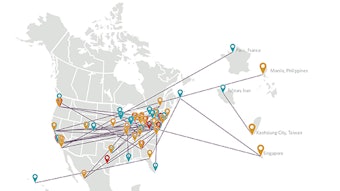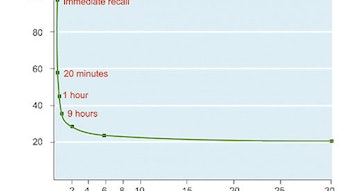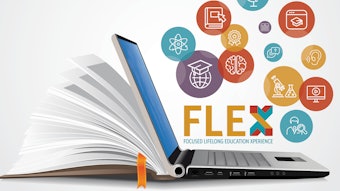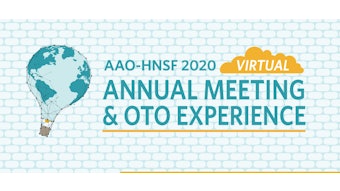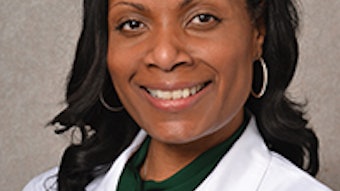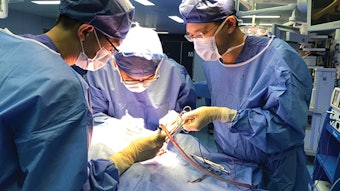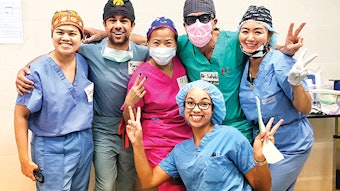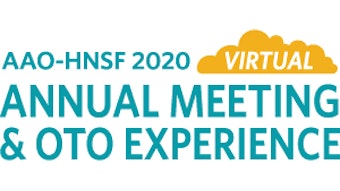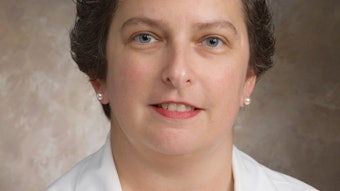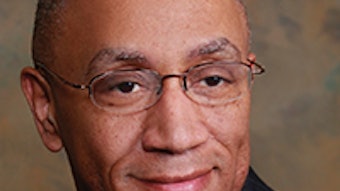Section Spotlight: Young Physicians Section – Reconnection
I once heard someone compare otolaryngology surgical training to fighting in a war—the sleep deprivation, the tragedies, the necessary mental toughness, and the camaraderie. Getting through that experience would have been nearly impossible without your second family, your tribe, your people—your co-residents and fellows.

Nikhila P. Raol, MD, MPH, American Medical Association YPS Delegate
I once heard someone compare otolaryngology surgical training to fighting in a war—the sleep deprivation, the tragedies, the necessary mental toughness, and the camaraderie. Getting through that experience would have been nearly impossible without your second family, your tribe, your people—your co-residents and fellows. Something about being in the trenches together with your fellow trainees forges a bond that is hard to duplicate.
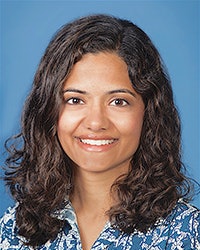 Nikhila P. Raol, MD, MPH
Nikhila P. Raol, MD, MPHWhen training ends there is some semblance of isolation, whether you are in academia, a group or solo practice, the military, or any other type of practice. As we leave training and we get into the routine of life, we become busy in our own worlds—new jobs and the accompanying productivity pressures, new cities, growing families, and new responsibilities. The rat race that is life takes over and before you know it, the small things that make life memorable begin to disappear. For my family and our life, we entered into an endless cycle of work, extracurricular activities, business trips, and daily responsibilities from the moment we moved to a new city for my first post-training job. Nearly four years into the new job, we were still getting settled into our community. We were still missing that feeling of being in the trenches with our new people.
Now, as we all reckon with simultaneous wars against two enemies, one like we have never seen before in COVID-19 and one that continues to rear its ugly head in racial injustice, that need for human connection has never been more palpable. The tragedies and forced slowdown left us craving reconnection with our past, more connection with our present, and the desire to create connections that would last into the future.
Many of us found commonality and connection in safely gathering to stand with our friends and colleagues to protest. Between graduation parties held on Zoom, daily FaceTime with our parents, game nights on HouseParty, Netflix premiere parties, journal clubs on WebEx, and even just time for meaningful phone calls, we have been able to rekindle personal and professional relationships that remind us of the experiences that we have shared together. More family meals together and more bedtime books instead of rushing home from dance or karate have helped our family members reconnect with one another. Time to read a few books, decode music arrangements on the piano, and take meditative walks have allowed me to reconnect with myself. And as young physicians, all these connections have allowed us to reconnect on a deeper level with patients.
We all went into this journey to help make people’s lives better. While the pandemic rages, the future is unknown, and our anxiety levels remain high. These connections help us cope with our own disquiet as we courageously fulfill our duties as healers. We will continue to fight battles at all stages of our careers. We are just reminded in this trying time that we are all in this fight together.

